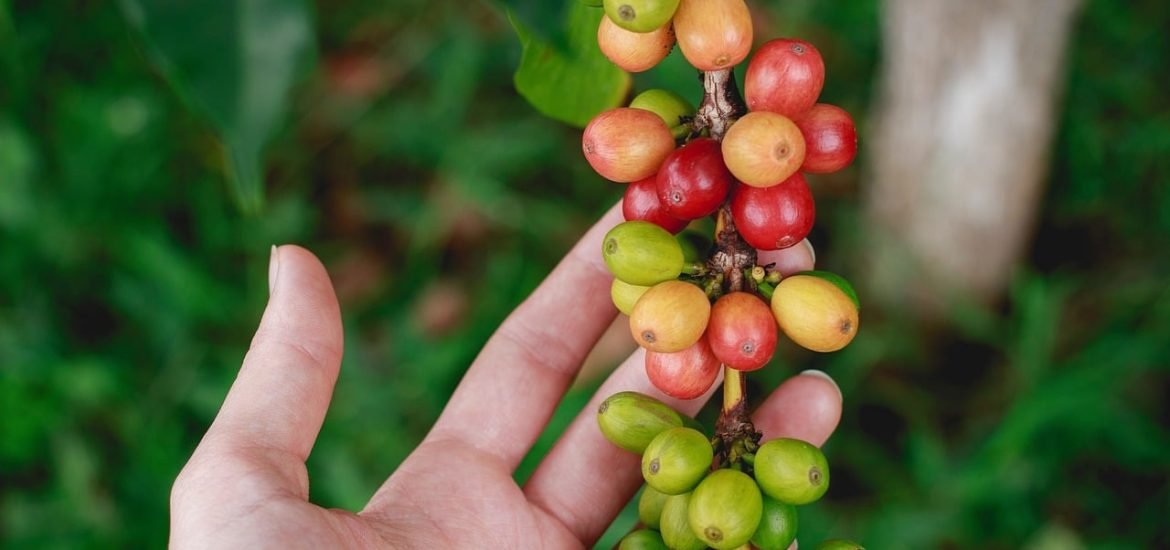
Most bird watchers are not familiar with the concept of bird-friendly coffee or how this product can help bird populations, according to a study published in the journal People and Nature (1). In case you’re not familiar either, bird-friendly coffee is coffee cultivated under the canopy of mature trees, giving local and migratory birds plenty of nesting and feeding areas. It’s a type of certification coffee growers can get, much like Fair Trade or Organic.
Over the past 50 years, the coffee industry has prioritised production, often favouring intensive and high-volume monocrop systems, where there’s nothing but coffee plants covering large areas. As a result, birds can’t find adequate habitats, seriously reducing their chances of survival.
The answer: bird-friendly coffee.
Bird-friendly coffee needs to be certified organic, but it is so much more than that. This coffee is produced under very specific conditions, where coffee plants are mixed with other types of trees, including large mature trees. The aim is to offer sanctuary to local and migratory birds instead of clearing all the different types of vegetation that birds (and other animals) typically use. This certification scheme was initially developed by the Smithsonian Migratory Bird Center in 1996, but bird-friendly brands are now available worldwide.
For the researchers, buying this product would be a simple way for people – birdwatchers in particular – to help bird populations return to their previous numbers. However, this is not happening yet. The main issue is that, despite being around for a while, the message about bird-friendly coffee doesn’t seem to be spreading.
A team of researchers based at the Cornell Lab of Ornithology and Virginia Tech surveyed birdwatchers to learn if they usually purchase this kind of coffee and, if not, why not. “We know bird-watchers benefit from having healthy, diverse populations of birds, and they tend to be conservation-minded folks,” explained Ashley Dayer from Virginia Tech. “My colleagues and I wanted to dig into this key audience to determine their interest in bird-friendly coffee.”
The research team sent out a survey to 5,000 readers of the Cornell Lab of Ornithology’s Living Bird magazine and received more than 900 replies from regular coffee drinkers.
The results were a little disappointing. Of all those who replied, less than 40% were familiar with the certification scheme, and only 9% reported regularly buying bird-friendly coffee. By comparison, over 80% of those who responded knew about other well-known coffee certifications such as Fair Trade and Organic.
“One of the most significant constraints to purchasing bird-friendly coffee among those surveyed was a lack of awareness,” said Alicia Williams, lead author of this study from Cornell Lab of Ornithology and Virginia Tech. “This includes limits on understanding what certifications exist, where to buy bird-friendly coffee, and how coffee production impacts bird habitat.”
For the researchers, the main problem is that the message about the need to promote bird-friendly coffee is not getting to the consumer, and there is a lot of confusion about what this certification really means. The next step should include good marketing to explain bird-friendly coffee, wider availability in more retail outlets and collaboration between conservation organisations and coffee producers and distributors.
(1) Williams, A, Dayer, AA, Hernandez‐Aguilera, JN, et al. Tapping birdwatchers to promote bird‐friendly coffee consumption and conserve birds. People Nat. 2021; 00: 1– 13. https://doi.org/10.1002/pan3.10191